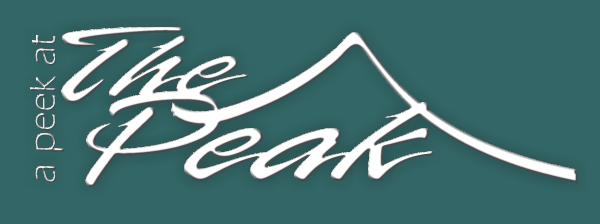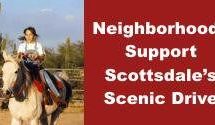Courtesy of Southwest Wildlife Conservation Center

Before he came to SWCC, Leo lived day after day in a barren cage. After time he lost his passion to live.
Those of you who have visited SWCC know Leo’s story well. However, it bears repeating.
Unfortunately, Leo’s story is not unique for wild animals bred for use in the entertainment industry.
BREAKING NEWS! Leo and the Southwest Wildlife Conservation Center are facing a challenge that threatens their very survival.
Read “Sneak Peeks: March 2016”Leonardo, a jaguar-leopard hybrid, was bred and born in a cage. He spent the first two years of his life entertaining humans in a Las Vegas show. To be made ‘safe’ for this job, his canine teeth and all of his claws were pulled out. No one cared that removing these teeth allowed the remaining teeth to shift to the point that it eventually became impossible for him to chew or that for the remainder of his life his mutilated feet would make it difficult to walk properly. When he proved too defiant for use in the show, his owners sold him to a small, non-accredited zoo in southern Arizona.
Unfortunately, his life did not get any better. For seven more years he endured life in a barren, 12′ x 12′ cage with inadequate food, water, veterinary care, shelter, or enrichment. In boredom and exasperation, he paced back and forth for countless hours–day after day. He was teased by visitors and prodded with sticks until he roared in frustration. His world was nothing but misery.
As luck would have it, that zoo had financial difficulties and had to close. SWCC was asked to help Leonardo and jumped at the opportunity. When he arrived, he was given a thorough examination. radiography revealed one collapsed lung and a severe case of pneumonia. His stumbling gait was the result of the horrible extraction of all of his claws.
With time and proper medication and nutrition-and most importantly compassion-Leo slowly began the long road to recovery. Today he is a happy cat and continues to thrive in his habitat, which includes shade trees, climbing structures, soft sod, and all the toys he can play with.
Regrettably, Leo’s story is not unusual for animals bred for use in the entertainment industry. Every year small roadside zoos, traveling animal shows, circuses, private owners, and others who exploit wild animals by breeding for profit create other animals who suffer for the dollar-just like Leo. More often than not, ignorant, callous, and irresponsible owners take a terribe toll on these animals.
SWCC will continue to educate the public to the travesty of breeding for profit.
How you can help SWCC
SWCC relies solely on the generosity of our donors. We do not receive any state or federal funding. There are many ways you can help SWCC.
Become a member of our “Wild Family”
- Include SWCC in your will or estate planning
- Use AmazaonSmile-when making a purchase through Amazon-designate SWCC as your charity
- Adopt a sanctuary animal
- Sign up for one of our limited tours
- Schedule SWCC for a community or educational event
- Purchase something from our “wish list”
Thank you for your continued support! Please visit www.southwestwildlife.org for more information.
Related Articles



























Recent Comments